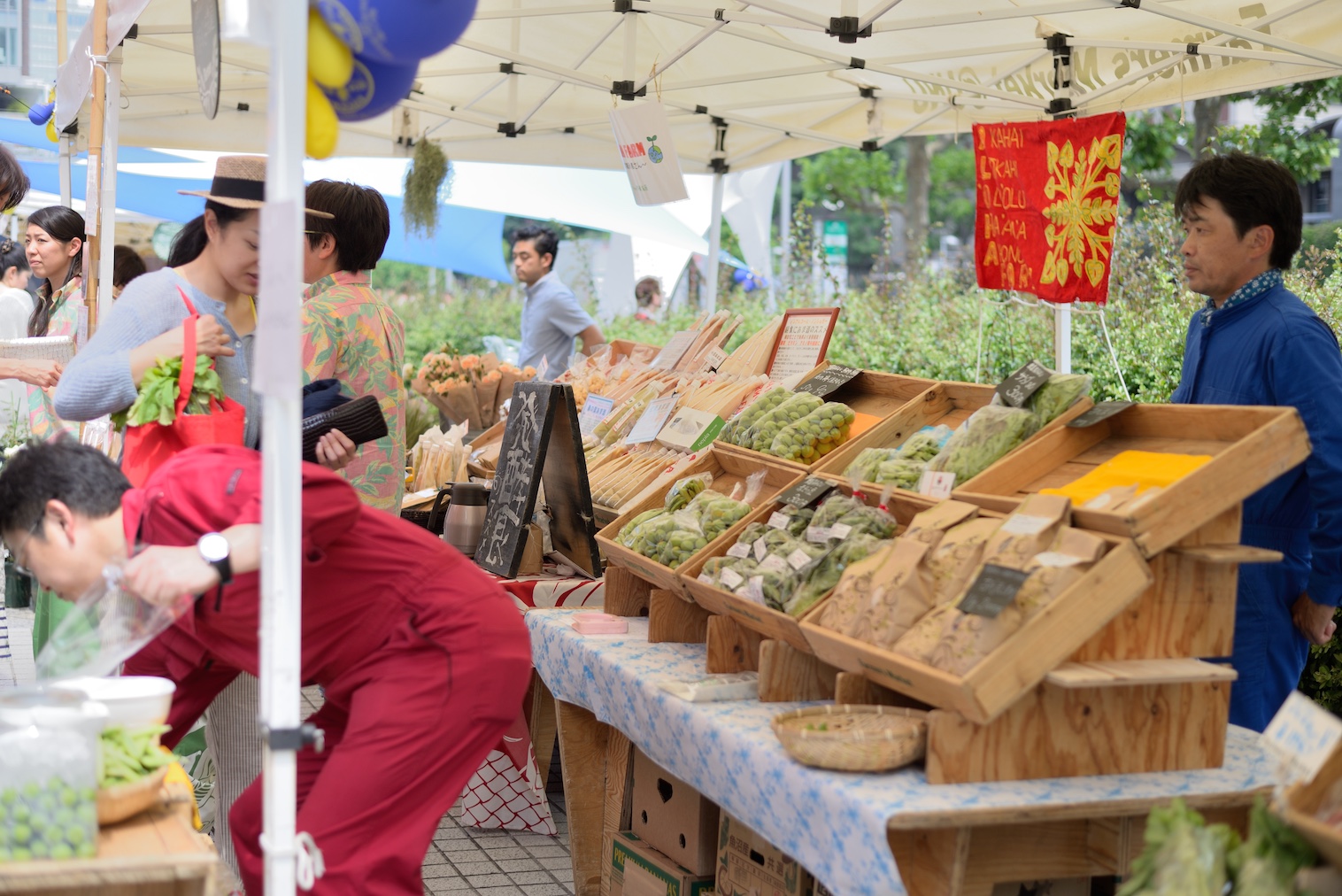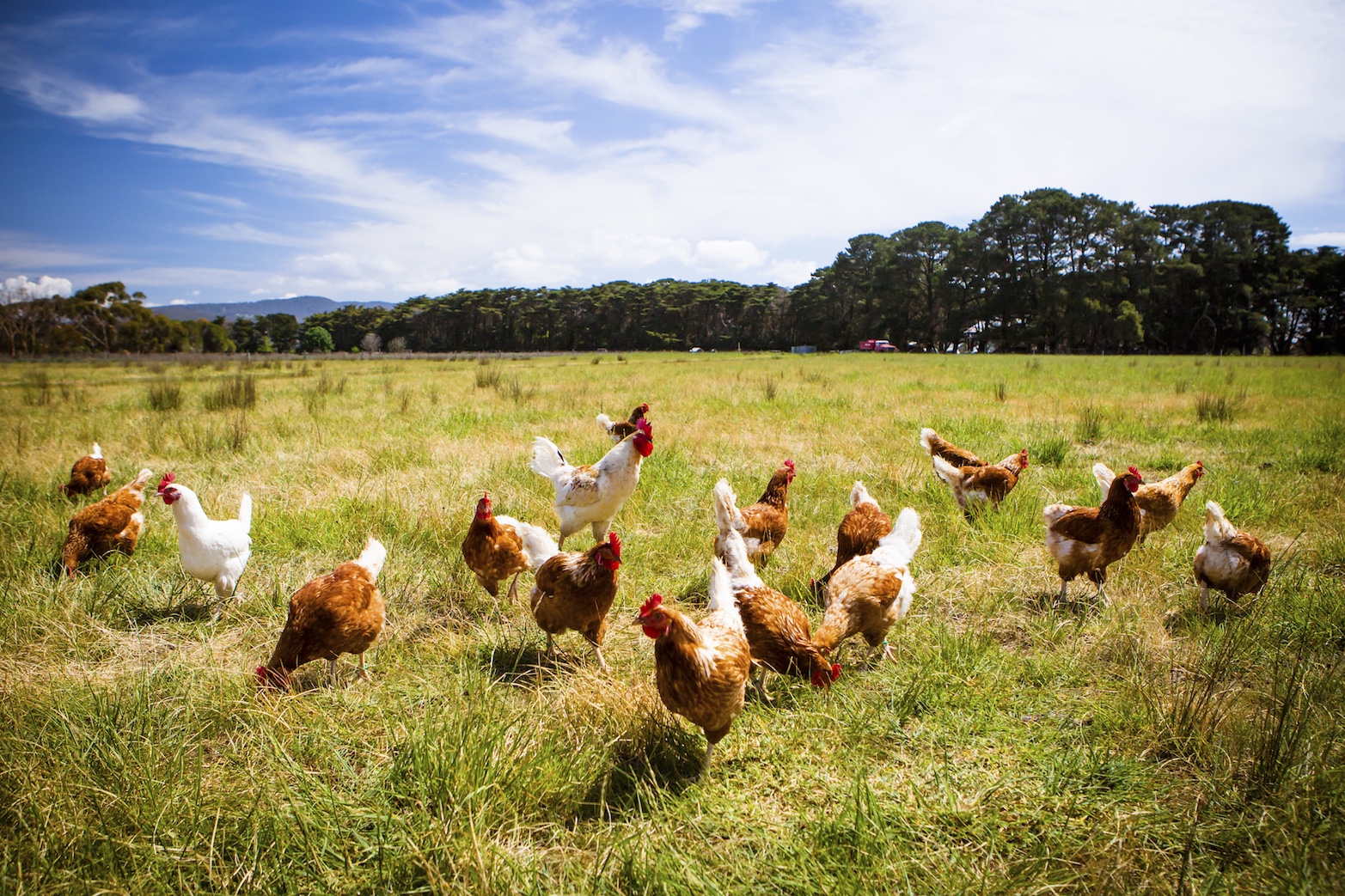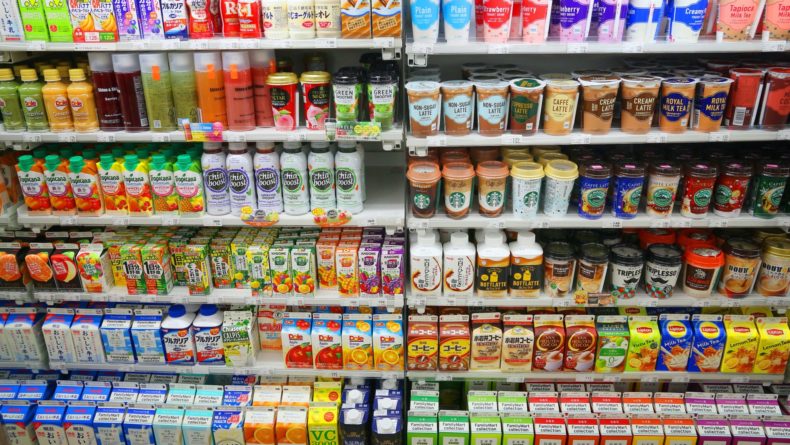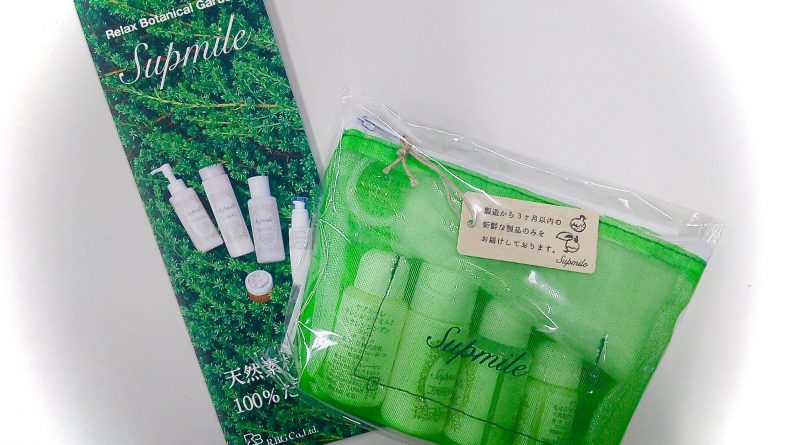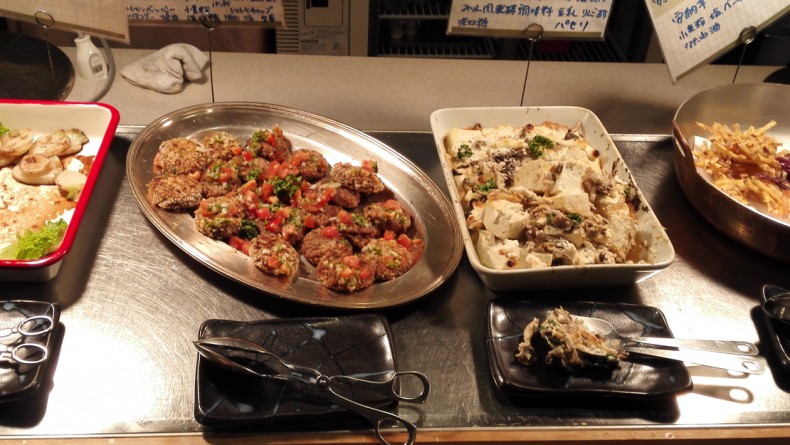10 Tips For Buying Organic Food In Japan
How to Go Organic Easily and Cheaply
When I first arrived in Japan from New Zealand, I remember feeling extremely lost and disappointed by the lack of organic foods and products. In comparison to back home where most grocery stores are green and economical, I suddenly found myself surrounded by excess plastic, more plastic, giant chemical fruit, surplus salt and sugar. This made my initial months of Japan food activity super difficult.
Fortunately for me, one of my inaka (countryside) neighbours, Mr. G, an expert organic farmer from Hungary, came to my rescue.
Here’s 10 tips for buying organic in Japan from Mr G to me to you:
1. Find balance
Not only is organic food scarce in Japan, it’s also crazy expensive unlike places like California where organic and non-organic produce roughly cost the same. This means it is almost impossible to buy everything organic in Japan unless you are, like, a billionaire. The trick then is to simply do your best. Remembering that consuming health foods overall such as fruits and vegetables (organic or not) is always of benefit. Approach organic eating slow, taking small yet significant steps at a time.
2. Do some research
In addition to the small organic sections of Japanese grocery stores, organic and health foods can be found at local produce stores, farmer’s markets and foreign and/or speciality food stores such as Seijo Ishii and Kaldi, with a little detective work. Shop around to find which stores and products are most affordable for you. See Savvy’s guide to Buying Natural and Organic Foods for specific stores to try in the city.
3. Ask questions
Mr G’s questions used to drive me crazy on our joint trips to the grocery store. I remember him continuously asking the supermarket staff where everything was from and how everything was farmed. At first, his questions embarrassed me a little but then I’d notice the employees’ enthusiasm and glow (especially those in charge of a specific food section) and I’d realize asking such questions was great for getting everybody to think more deeply about what they were working with.
Print out the vocabulary at the end of this article and take it with you when you go shopping. Don’t be afraid to ask questions. Inquiring about food shows health and environment are important to you.
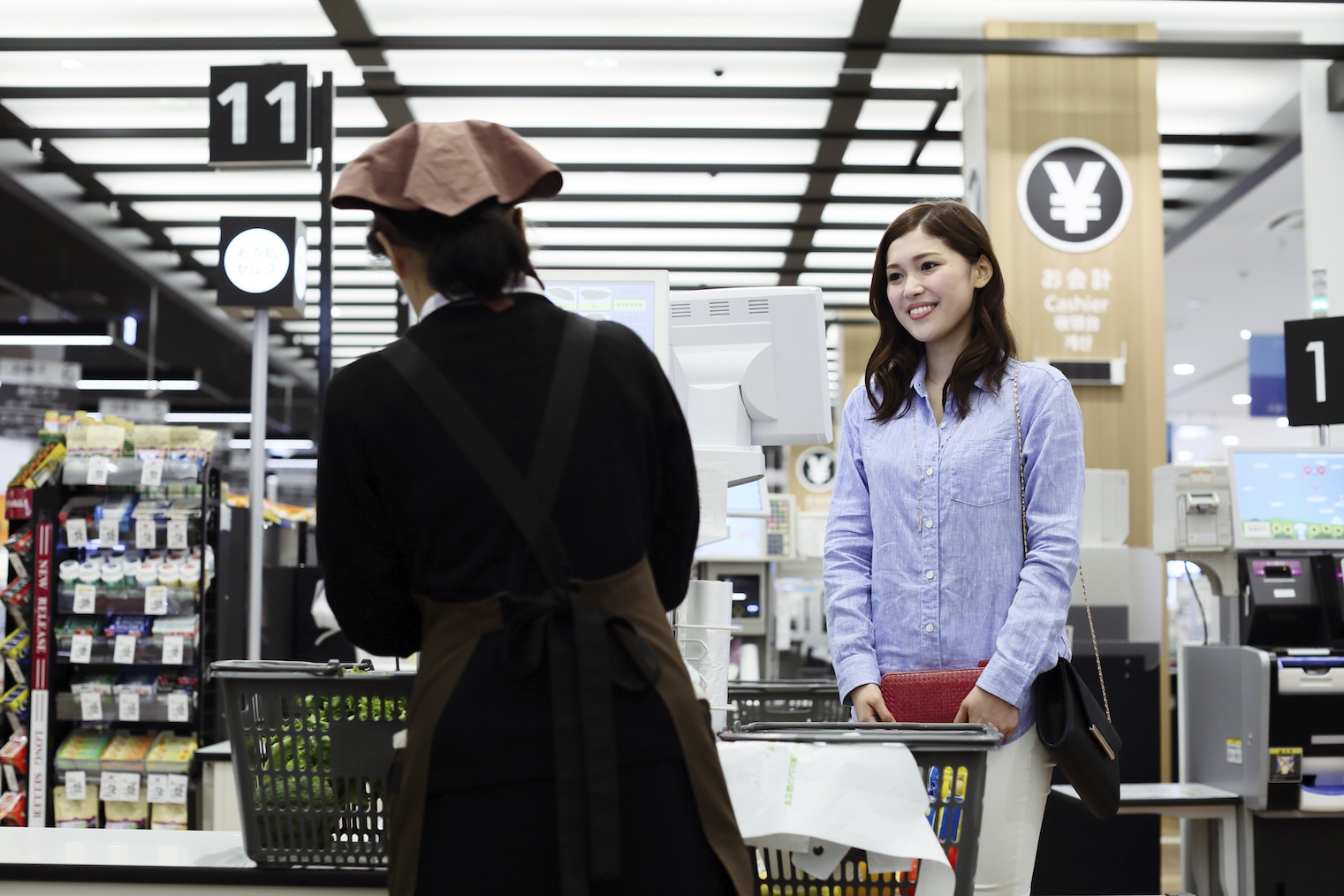
4. Buy in season
This one’s obvious. Buying seasonal is not only a more delicious choice (fresh produce is tastiest; ripe, full with flavor and less handled) but also economical. Food in season is almost always more affordable. You can find ideas for seasonal recipes in my monthly Do You Know What This is series (sorry for the shameless plug!).
5. Embrace the freeze
Put your freezer to good use. If you happen to stumble upon a good buy of bulk organic fruits and vegetables, freeze them for a later time. According to Mr G and various articles online, this is a much better option than buying expensive out-of-season foods from abroad.
6. Grow your own
This all depends on your location. But if you’re lucky enough to have some space, it’s not so difficult to grow your own vegetables. In Japan, seeds are available anywhere from the obvious Home and Garden Center to the 7/11. This Gardening in Japan Cheat Sheet should help when you’re on the hunt for your own giant beanstalk.
Mr G advises to start small. Apparently carrots and radishes are easy to grow. If however your apartment is shoebox-small (um, 99% of us), why not give herb pot plants a go. A quick internet search should leave you with plenty of self-guide blogs and videos. Top your taco (octopus) spaghetti with freshly picked basil at the same time as sporting a little feng shui in your home.
7. Go free range
When it comes to animal products, choose free range instead of caged. Also check feeding. Remember, don’t be afraid to ask if you’re unsure. According to Mr. G, most preferable is hay and silage, instead of corn or soybean. Wild meat is also a good option. Try venison or wild boar. As for fish and other seafood, choose small where possible. The smaller the sea creature, the less time it has spent in the ocean and, therefore, ocean “pollution.”
8. Know what to avoid
We have already acknowledged that buying everything organic is borderline impossible. We can only afford so much. But in saying so, there are some produce Mr G highly recommended I avoid. These include non-organic apples, peaches, cherry tomatoes, grapes, sweet bell peppers, hakusai (chinese cabbage) and broccoli which have topped the most pesticide-contaminated produce lists for years in a row. That’s right, no gigantic Japanese apples unless you’re sure.
9. Don’t be afraid to try
With that being said, don’t be afraid to try the following non-organic foods which are considered most “clean” of all: sweet-corn, asparagus, mangoes, onions, eggplant, kiwi, grapefruit, pineapple and avocado.
10. Stretch meals with beans
Last but not least, a great thing about Japan is its abundance in mame or beans. Beans can truly stretch a meal. Purchase dried organic beans and use them year-round to fill out tacos (by mixing with mince), soups, pastas and stews.
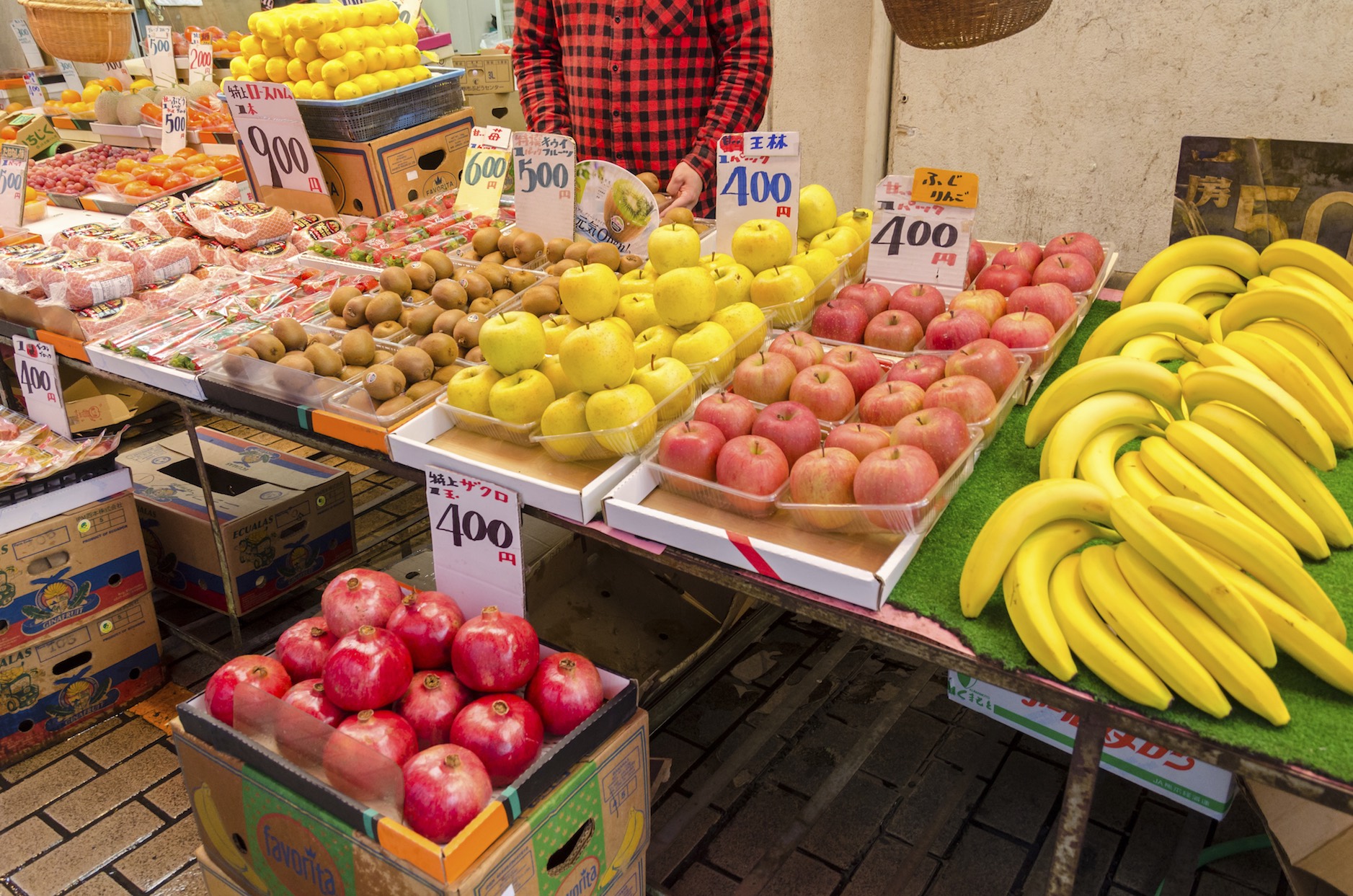
Recommended Resources
Specializing in organic products, food and events, Crayon House aims to promote organic living in Tokyo and Osaka through its online and Tokyo and Osaka-based stores, an organic restaurant and a Japan-wide food delivery service called “Veggies Member.” This weekend they’ll be taking part in Japan’s first Organic Lifestyle Expo; a massive trade show that brings together organic producers from across the country. The Expo is taking place at the Tokyo International Forum and we’re hoping it’s going to become an annual event!
There are more and more stores, restaurants and beauty salons in the capital that are embracing the organic way. Have a look at some of our other articles for more on stores where you can buy organic, dine out on delicious organic food and pamper yourself with organic beauty.
Useful words for buying organic in Japan
See our Natural Foods Cheat Sheet for the full list.
- 放し飼い (hanashigai) – free range
- 放し飼い卵 (hanashigai tamago) – free range eggs
- 無添加 (mutenka) – additive-free
- 無農薬 (munouyaku) – pesticide-free
- 自然派 (shizenha) – all natural
- 自然食品 (shizen shokuhin) – natural product
- 有機栽培 (yuuki saibai) – organic farming/organically farmed
- 有機野菜 (yuuki yasai) – organic vegetables
- 有機 (yuuki) – organic (usually used for foods)
- オーガニック – organic (in addition to foods, can also be used for other products, such as cosmetics)
- 100%草飼料で育った肉 (hyaku paasento kusashiryou de sodatta niku) – 100 percent grass-fed meat
- 地元 (jimoto) – local
- 保存料 (hazonryou) – preservatives
- 遺伝子組み換え (idenshikumikae) – genetically modified; GMO

